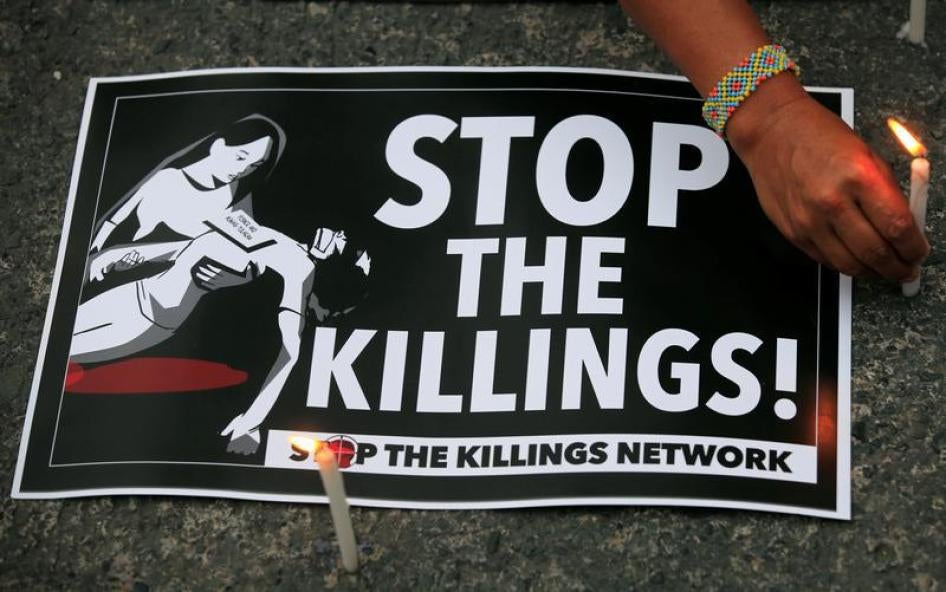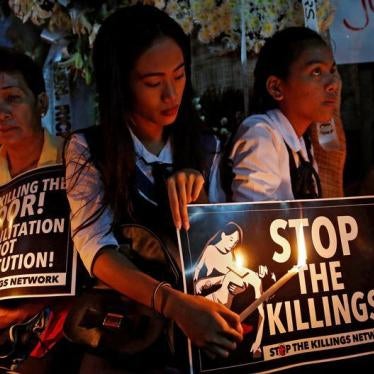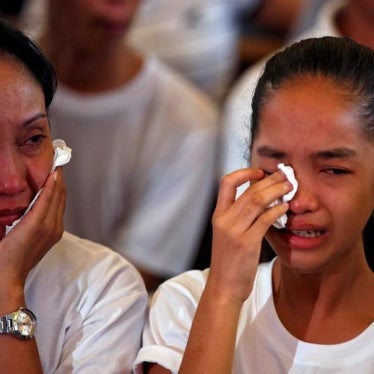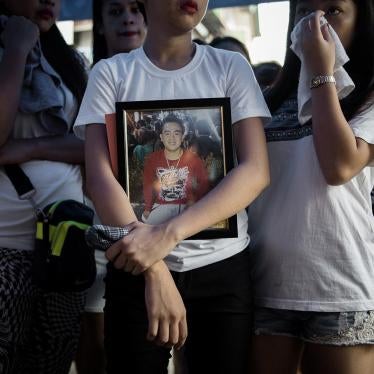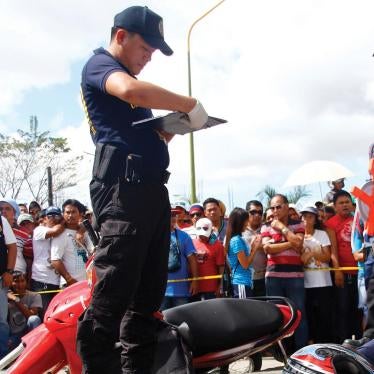The Philippine National Police has a sinister new tactic in its murderous “war on drugs”: public “drop boxes” for residents to anonymously submit the names of alleged drug dealers and users.
This neighborhood informant system was first reported in July in Quezon City, a part of Metro Manila, but has since spread to at least two cities and several towns in two provinces. The police chief of Quezon City said when he launched the system that he would put one drop box in each of the city’s 142 barangays or neighborhoods. In one sense, the boxes could be called a success. In Roxas City, anonymous informants slipped in the names of 36 of their neighbors in the first two weeks after it opened in late August. Police in the towns of Pontevedra and Maayon in Capiz province have also installed the boxes, and plans are underway for a drop box inside City Hall in Iloilo City. Local authorities have even called on the Catholic Church to install drop boxes in its churches in and around Iloilo City and nearby areas.
People whose names end up in a drop box could get their names placed on police drug watch lists. The Philippine Commission on Human Rights has criticized the system, citing its potential for fueling arbitrary arrests. And there are fears the drop boxes may well add to the thousands of killings linked to President Rodrigo Duterte’s war on drugs. Why? Because Human Rights Watch research shows that police drug watch lists are routinely used to identify targets for extrajudicial execution by police or their agents.
After 15 months and untold bloodshed, the government and police should stop their abusive war on drugs and allow an international investigation into the killings, rather than actively seek to increase the number of its victims.

